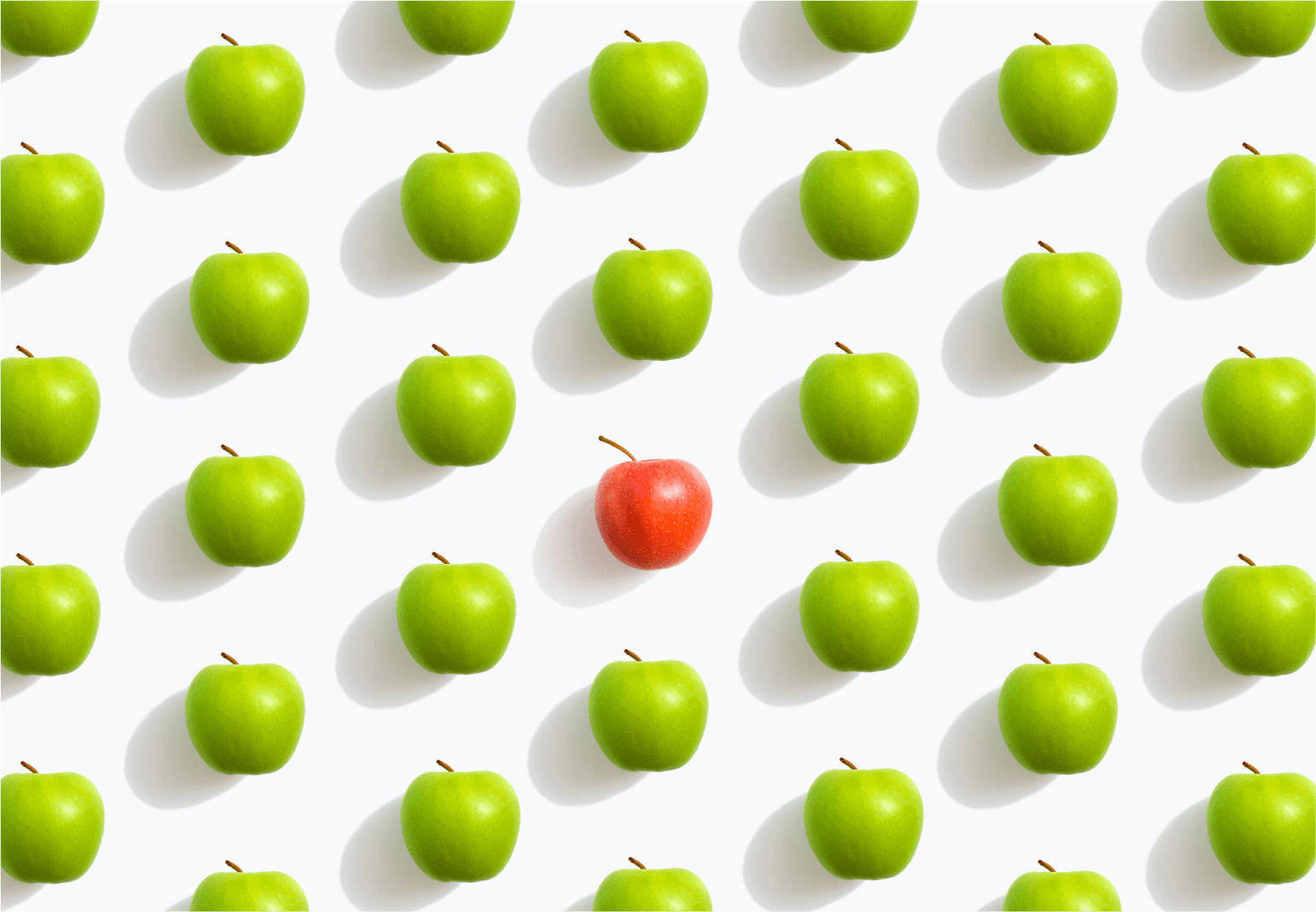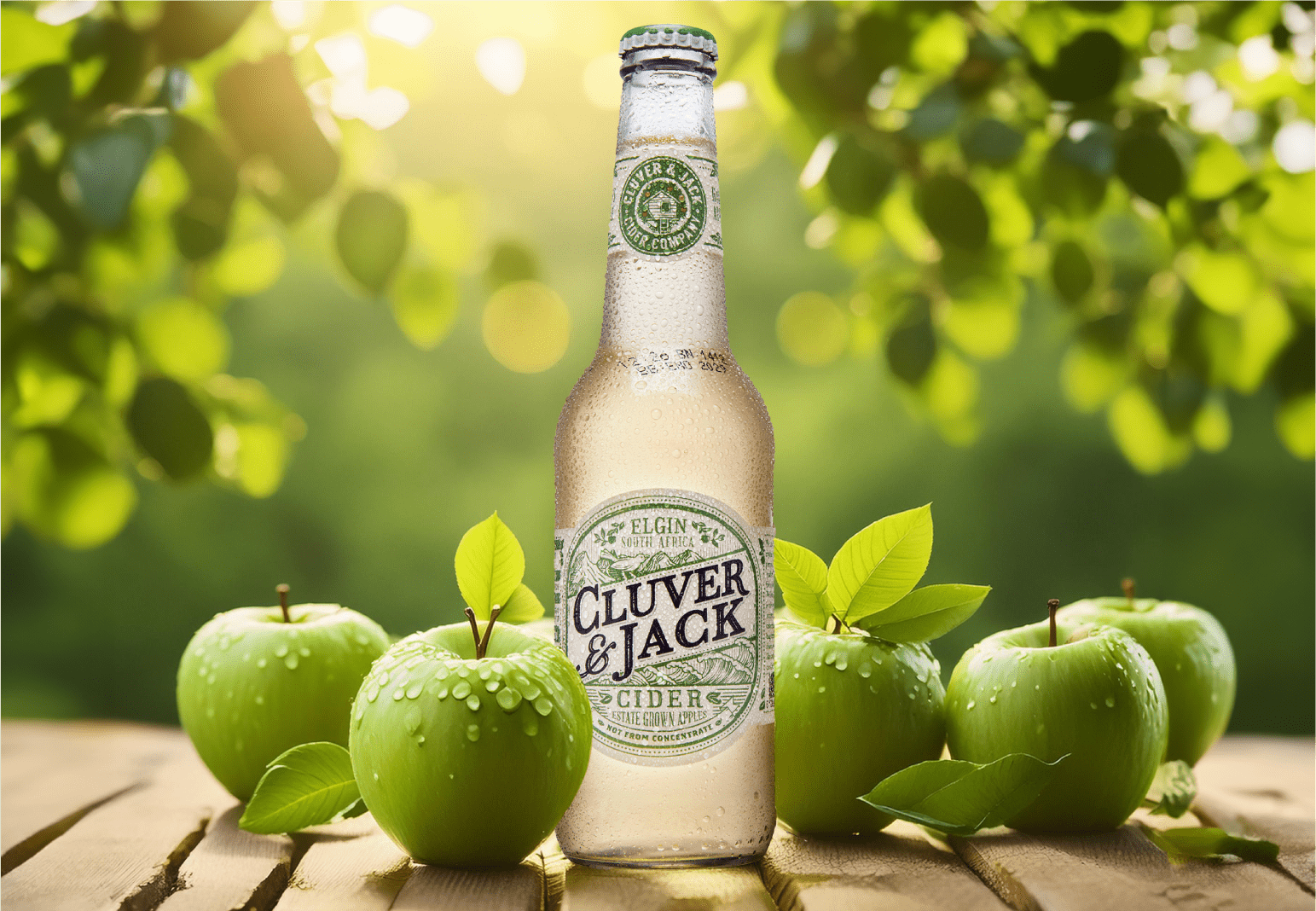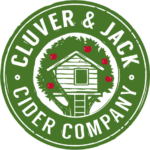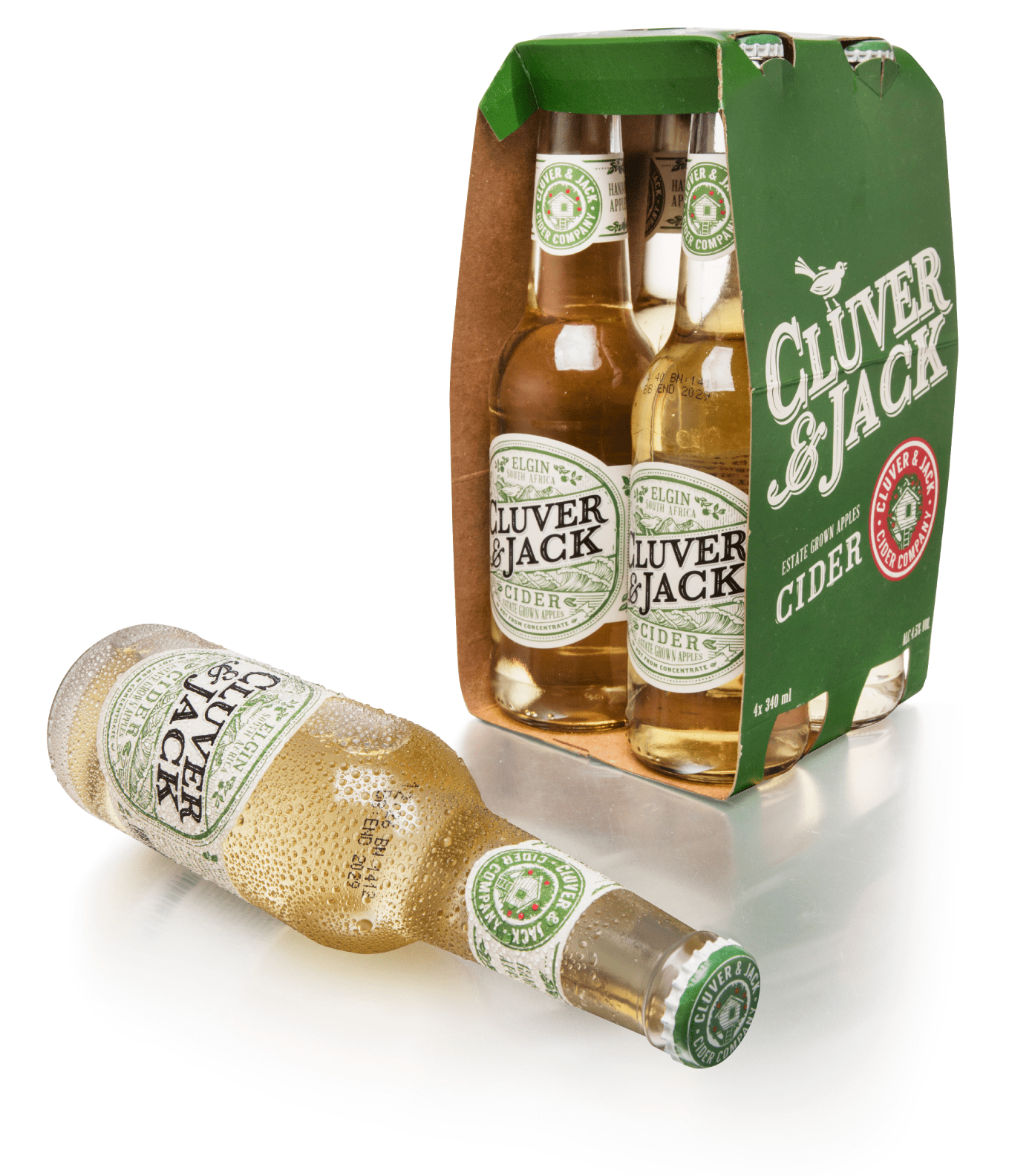As two farming families, we started this adventure in 2014 because we believe in core values, like honesty and authenticity. We believe there are others out there who also care about what they consume and also want a hand-crafted, pure cider they can believe in. Our aim was always to produce a pure, fresh-juice cider without the addition of any concentrate, sugar, flavours or aromas – pure, premium and delicious. This is still our guiding principle.
how we are different

The majority of cider in the world today bares very little resemblance to traditionally-made cider. Today, most industrial ciders are made from an intensely concentrated apple syrup called COT (which stands for ‘colourless, odourless and tasteless) or a combination of COT and cane sugar.
Consumers are often surprised to learn that some globally famous, big brand industrial ‘ciders’ only use cane sugar – they’ve never used an apple in their “cider”!
In the world’s two biggest cider drinking markets cane sugar is routinely added to COT and municipal water to produce their “cider”. This industrialisation of cider also means aroma, flavour and colour must be added, as well as further cane sugar after fermentation to sweeten the eventual drink. Most big brand ciders have more sugar than normal Coke. COT can come from anywhere in the world, with notable producers in China, the USA and Europe. Big alcoholic businesses have lobbied governments to write legislation that allows this. What they make should not really be called cider in our view.

Our cider on the other hand is crafted in small batches from the freshly-pressed juice of hand-picked apples from our estate. We are very particular about the apples we use and we love and care for the trees that produce our apples. We use a champagne yeast for the fermentation. Our pure cider is crafted to a generations-old family recipe. And if that doesn’t impress you, we even rinse the apples before processing.
It is not surprising therefore that our cider is healthier for you. It also tastes better (which you already know if you are here) and is of much higher quality than industrial cider. An indication of this is the shelf-life of our product which is at least five times longer than industrial cider (i.e 5 years).
Our cider on the other hand is crafted in small batches from the freshly-pressed juice of hand-picked apples from our estate. We are very particular about the apples we use and we love and care for the trees that produce our apples. We use a champagne yeast for the fermentation. Our pure cider is crafted to a generations-old family recipe. And if that doesn’t impress you, we even rinse the apples before processing.
It is not surprising therefore that our cider is healthier for you. It also tastes better (which you already know if you are here) and is of much higher quality than industrial cider. An indication of this is the shelf-life of our product which is at least five times longer than industrial cider (i.e 5 years).
Collaboration
The Cluver&Jack Cider Company is owned by the Cluver and the Jack families, both renowned winemaking families in the Overberg region of the Western Cape, South Africa. Both families are famous for their award-winning vineyards and premium wine offerings.
The Cluver family own De Rust Farm in Elgin and have done so for five generations. Pioneers of community upliftment, they grow delicious apples and top quality grapes, which under the Paul Cluver label, make some of South Africa’s best wines.
The Jack family farm on Appelsdrift Estate in the Overberg Highlands. They grow organic vegetables, make organic olive oil and craft individual wines under The Bruce Jack, Drift Estate and Berrio brands (amongst others). Bruce Jack has been honoured with a place on the Top 100 Winemakers List in the world for the past two years.
HERITAGE
The Jacks were one of the first families in South Africa to import and plant cider apple trees in South Africa (at Henley-on-Klip). They were early cider producers and amongst the first to export cider.
The Cluver & Jack ciders are made from De Rust Estate apples in the Paul Cluver Winery, using a generations-old Jack family methodology.
Both families believe that pure cider can only be made from sensitively-farmed, freshly-pressed, unadulterated apple juice. This becomes a pure expression of our special corner of the universe. And when these bottles go out into the world, they take with them something of the beauty, intrigue, mythology and charm of this estate and the family values that we believe in.


